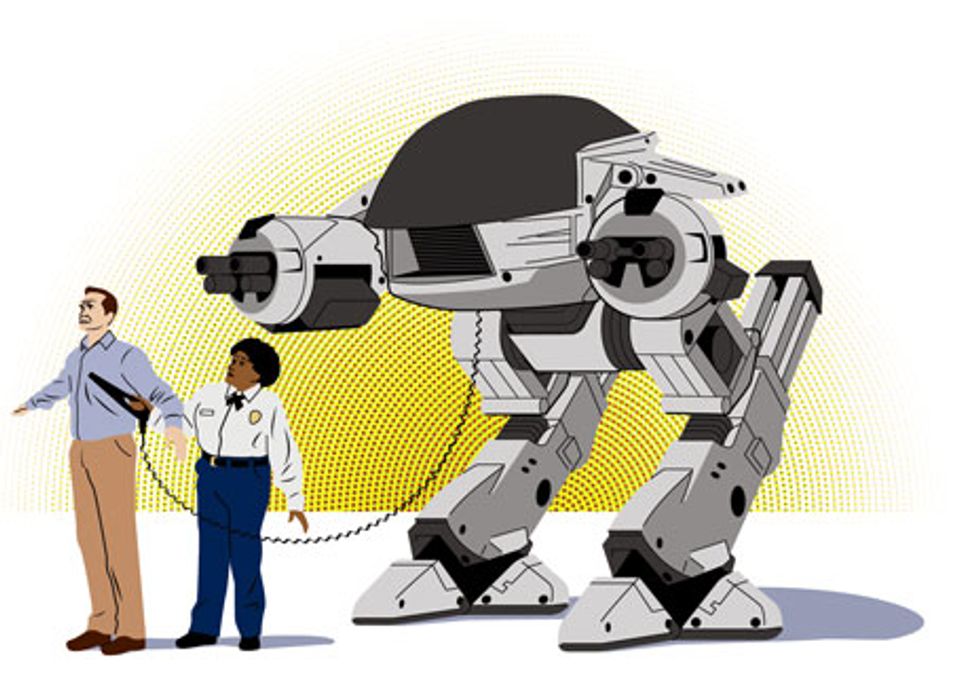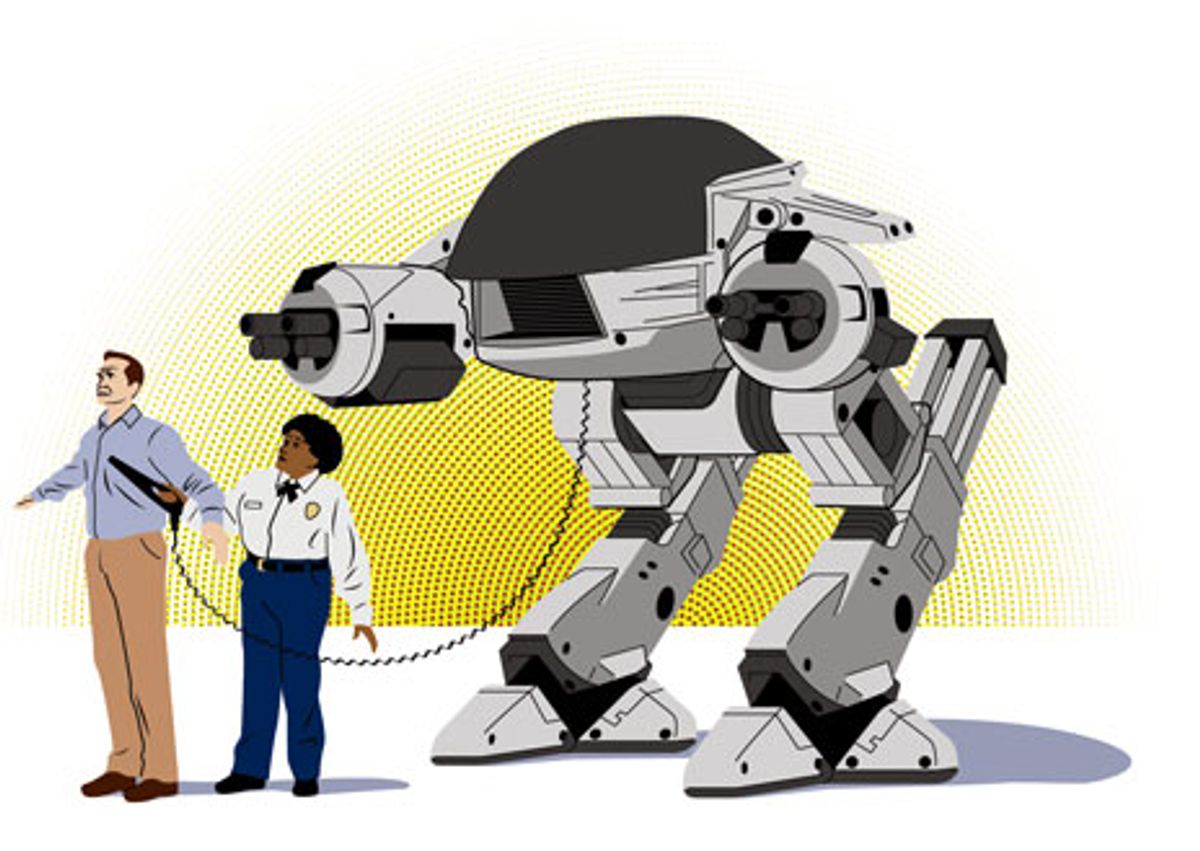
I’m quick to opt for automation where it increases productivity. However, choosing machinery over people to detect humans with foul intent at airports demonstrates a lack of understanding of just how keenly tuned the human brain is to detect subtle facial and behavioral cues.
“Okay,” you’re thinking, “Jeanne’s had a bad airport day.” And you'd be right!
You know the drill: Delays, lines, unfriendly agents, and, of course, the choice between a humiliating pat-down or a scanning machine we have to trust to be safe. I'd say this was definitely my second worst airport day ever. The first?
That would've been when a U.S. Transportation Security Administration agent scooped the pumpkin filling out of my daughter’s leftover Thanksgiving pie. Perhaps you all might wonder when Al Qaeda started watching Chef Paula Deen so they could hide explosives in homemade pumpkin pie and then convince college girls to carry them through airport security?
But TSA employees are denied the right to deploy the most advanced natural intelligence and sensing systems in existence—the one inside their own cortices!—in favor of the artificial stupidity of bureaucratic procedure. Pumpkin filling? Sorry, ma’am, that exceeds the 3 ounces limit for liquids and gels. It has to go.
When an organization like TSA has some US $8 billion to spend, is it better off hiring large numbers of poorly paid, unprotected staff to baby-sit radiation-scattering machines that share with the world details only your proctologist knew before? Or should it be investing in highly select, well-paid, and highly educated professionals using the sensing systems, evolved over millennia and trained over decades, to detect people with something to hide?
The advantage of a machine is that it cannot be accused of bias. But bias can be counteracted by both training and quality control. Performance reviews can show many subjects were unnecessarily delayed, with an analysis of characteristics highlighting any bias in who is being stopped unnecessarily. We in the artificial intelligence community can help you with that sort of analysis, TSA.
We in the AI community are also working assiduously to replicate the capabilities of human beings in machines, but when it comes to facial detection and behavior recognition, our algorithms barely match a child’s capabilities. Delaying people thousands of hours a day and risking radiation damage to them and TSA personnel harms our economy and reduces overall efficiency. Why not deploy natural intelligence instead of artificial stupidity?
Thank heavens we’re testing telepresence systems on our MT490 mobile robot. I’m sure I’m not the only person who’ll be opting to let my avatar drive to more meetings!
Jeanne Dietsch, an IEEE member, is CEO and co-founder of MobileRobots in Amherst, N.H., and vice president of emerging technologies at Adept Technology.



